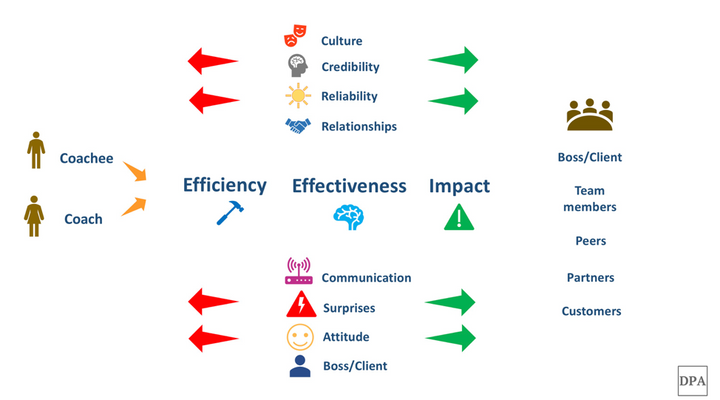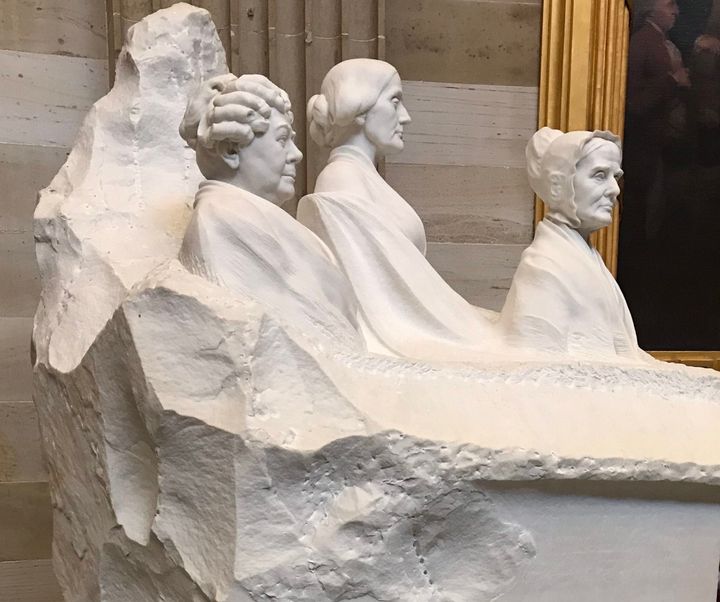Improving Organizational Memory

A diner arrives for breakfast in a five-star hotel restaurant. She has numerous severe food allergies and no meals off for good behavior. Every day takes vigilance and patience to stay healthy. For this celiac, a bite of wheat gluten begins a four-day cycle of body distress, pain, and brain fog. Going on vacation always has risks for her. If anyone in the food chain uses a contaminated pan, cooking utensil, or ingredient, she loses several days of her holiday. This is the primary reason she chooses a five-star hotel — to increase the odds that she safely eats and enjoys a healthy holiday.
This restaurant is one she has visited many times over several years. The server and chef both know her and take special care to handle her meals. With this tandem in place, she has never been ill. But today, the server has his day off, and the chef is on holiday. The diner advises the server of the allergies. The server takes the order, confirms she has noted the allergies, and steps into the kitchen where, the diner hopes, communication occurs, and the chef exercises the necessary care with her order. Two hours later, the gluten reaction arrives, ruining her last vacation day, now spent in the hotel room, and requiring a full bottle of Pepto-Bismol to make the next day’s plane ride home safely.
Every company has organizational memory comprised of the collective knowledge acquired during its existence. It evolves from leader beliefs, process failures, memorable victories, reward systems, company values, and the habit of repeated performance. In most companies, it’s collected informally and incompletely. Rarely is it shared broadly or consistently and, as a result, doesn’t drive significant organizational IQ improvement.
In this instance, exemplary customer service is a requirement for the five-star hotel. Its eponymous brand promise strives to deliver 100% of the time. Doing so requires vigilant, well-trained employees and consistently robust processes that function in a high-traffic environment. This is a difficult task for any company but is a guest requirement of this one. If the hotel falls short during check-in, it can quickly recover with an apology and a bowl of fruit. If it falls short on a food allergy, it results in more severe consequences, including impacting a guest’s health.
If organizational memory is weak, a company must rely on high-performing employees and their heroic efforts to achieve exemplary customer service. Human fallibility makes such efforts unsustainable and unrepeatable over time. Often, these employees get more to do, and their teammates find themselves watching the heroes perform while doing little themselves to change their performance. The management team, lulled into a false sense of security, doesn’t realize that these invaluable cogs in the machine are the only thing keeping the operation from regressing to the mean. In short, if organizational memory requires heroic effort to pull off, it is not adequate to achieve consistent, high service standards.
What can a company do to improve organizational memory?
Set the standards. Establishing expectations for performance is the first step. We often assume our employees intuitively understand what right looks like, but they don’t. And they shouldn’t be expected to read our minds. At a minimum, leaders must set, communicate, train, and reward the established standards with clarity and repetition.
Establish a process improvement system. Set up reward systems that encourage employees to establish work habits and processes that deliver exemplary service. When errors occur, fix the problem and not the blame, making it safe to challenge one another in a spirit of continuous improvement. Document the event to determine where things went wrong and adopt it as part of huddles and recurring training to learn from the mistakes. Adjust the processes and procedures in place to eliminate the cause of the issue. In our example, that may mean adding a step for a second person to confirm the use of a clean pan or isolating utensils from contaminated food preparation areas.
Study the best employees. Follow them around with a notebook and a #2 pencil, recording their actions in a step-by-step process over a period of days. Reduce the notes to a method and related procedure and add it to the training program, allowing other employees to understand the extra steps taken by the best to deliver consistent service. Require new employees and those that are struggling to achieve five-star service to shadow the best employees. Ask the best employees to lead the training, including partnering with the trainee to coach them through any service gaps. And if you ask the best employees to do this for you, give them a spot bonus or appropriate recognition for their service.
Make it everyone’s job. Set up a game that provides gift cards or other recognition for employees that suggest ways to provide outstanding service to customers. Add an agenda item in the daily staff meeting asking employees to share one idea with the team that improves service delivery. Some say this is management’s job, but frontline employees performing each process are in the best position to develop their work processes.
Create visual aids. Pictograms and photos offer an at-a-glance reminder for employees to cue the desired behavior. In a busy kitchen or office, it’s unlikely that anyone will read an employee manual or policy guide during their shift. Simplifying the cues and routines allows essential messages to land. Everybody wants to do a good job, and it’s our responsibility as leaders to make sure our teams have the tools and processes to do them well.
Takeaway: Providing five-star service is not significantly more difficult than delivering lesser service, but it is rarer. There are numerous ways to expand organizational memory in our companies and reduce performance variation while serving our customers. By setting high standards, fixing problems rather than blame, continuously improving processes, learning from our best people, and asking our employees to embrace our service commitment, we lay a foundation to improve the type of organizational memory that makes us better.


